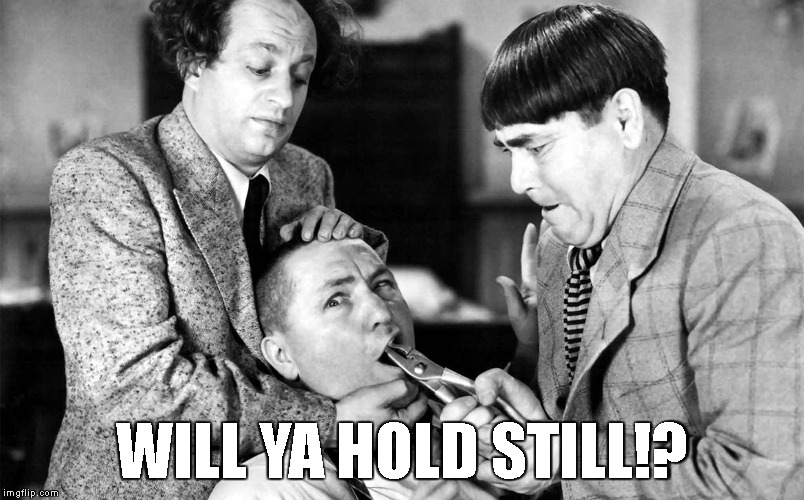
The South Carolina legislature failed to raise literacy rates by throwing millions at the problem. While school systems burned money, fourth-grade literacy rates dropped the state from 39th to 47th.
Another case of "thank God for Mississippi," no doubt.
It's enough to make you cry.
The four years of Read to Succeed were doomed from the start. In order to get the legislation passed, its teeth were removed:
"This year saw the final, most controversial part of the law take effect: Schools must now hold back certain students who fail a state reading test in third grade, keeping them behind for another year to receive special intervention before they pass to fourth grade."
"But because of a long list of exemptions and a low bar for failure compared to similar laws in other states, only about one-half of 1 percent of the state’s third-graders — 354, by last count — were actually retained this fall."
In other words, we really didn't mean it.
The usual whiners claim that's okay because, according to some studies, retention in third grade hurts rather than helps. Brainwashed "Paul Thomas, a Furman University professor of education, said the legislation solved a political problem, not an educational one. Third-grade retention policies are popular with Republican lawmakers’ conservative base, Thomas said, even though research shows they disproportionately affect minority students and often do more harm than good. Students who are held back are more likely to drop out of high school and have lower rates of self esteem and school attendance."
Is this man for real? Of course, those who are more likely to drop out of high school and have lower rates of self esteem and school attendance are those who read poorly. Furthermore, if more are minority students, so what? That statistic reflects poverty and lack of education in their homes. I would agree that a one-time intervention in the third grade is not enough, unless the student actually catches up in that one additional year to where he or she failed to achieve in the previous four years!
The worst part of the failed Read to Succeed program is its wrong-headedness concerning where to put the dollars. Why do I believe that actual classroom elementary teachers had no influence on the legislation as written? Do our teachers really need to be taught how to teach reading? If so, why have they been hired in the first place?
The program is edublob run amok. Reading coaches with their "advanced" training were not allowed to teach students who needed help. Yet that's where the bulk of the money went--to this extra layer of bureaucracy. Every teacher knows (and most thinking adults as well) that one-on-one instruction with a student is the most effective remedy for struggling readers.
That's a simple solution. Too bad no one has tried it.





No comments:
Post a Comment